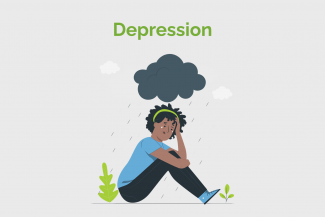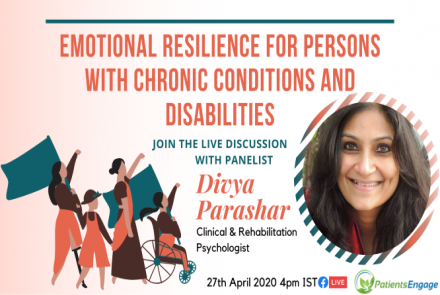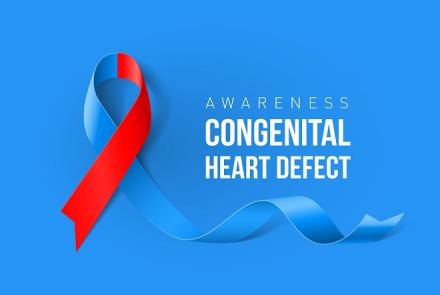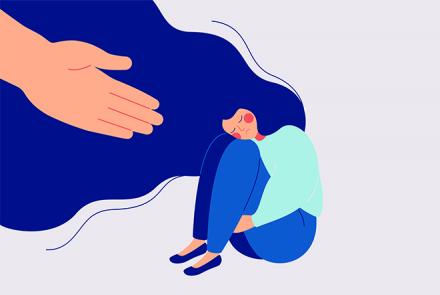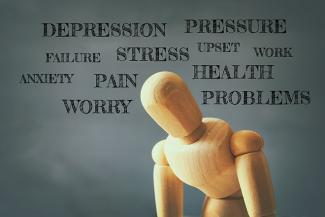
Apart from getting the right treatment, you should also follow these suggestions to manage depression:
Food and nutrition
There is no specific diet for depression but evidence suggests that good nutrition is essential for our mental health and number of mental health conditions may be influenced by dietary factors.
Do eat regularly even if you do not feel like eating. Try to eat a healthy diet that includes the following:
- Lots of nutrients to keep the body functioning optimally
- Beta-carotene, vitamins C and E from blueberries, broccoli, carrots, spinach, nuts etc to fight free radicals;
- Complex carbs that may boost serotonin levels;
- Proteins like fish, chicken, beans, yoghurt etc, which boosts chemicals in the brain to keep it more alert
Avoid the following:
- Refined sugars
- Artificial sweeteners (aspartame)
- Processed food such as white bread, cereal, pasta etc
- Hydrogenated oils – fried chicken, fried cheese sticks, fried calamari, French fries. Anything that is cooked with hydrogenated oils contain trans fats which could potentially contribute to depression.
- Foods high in sodium
- Caffeine
- Alcohol
Physical fitness
Research states that regular exercise helps to relieve depression. Exercising regularly enhances the action of endorphins (chemicals that circulate throughout the body). Endorphins improve natural immunity and reduce the perception of pain and improves mood. Another theory states that exercise stimulates the neurotransmitter norepinephrine which directly improves the mood.
- Choose a range of fun activities
- Ask a family member or friend to be your exercise partner
- Exercise 2-5 times per week
- Make the length of each exercise at least 30 minutes
- Remember to thoroughly warm up and cool down
- Try to live a more active lifestyle – walk instead of using vehicles for short trips. Use stairs instead of lifts and escalators when possible.
Take charge – Your action plan
- Take steps to control stress and boost self esteem.
- Joining a support group may help.
- Reach out to family and friends, especially in times of crisis
- Get treatment in the early stages to help prevent depression from worsening
- Consider long term maintenance treatment to prevent relapse of symptoms
Support team
- General physician
- Mental health nurse
- Psychiatrist
- Psychologist

